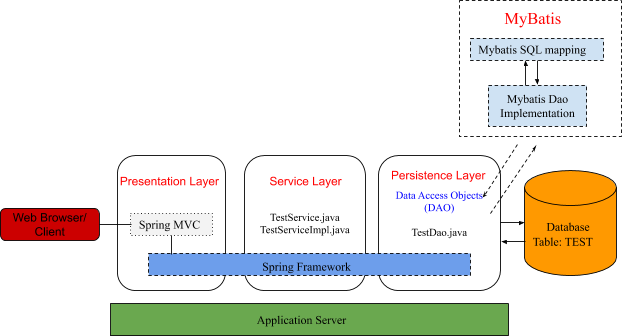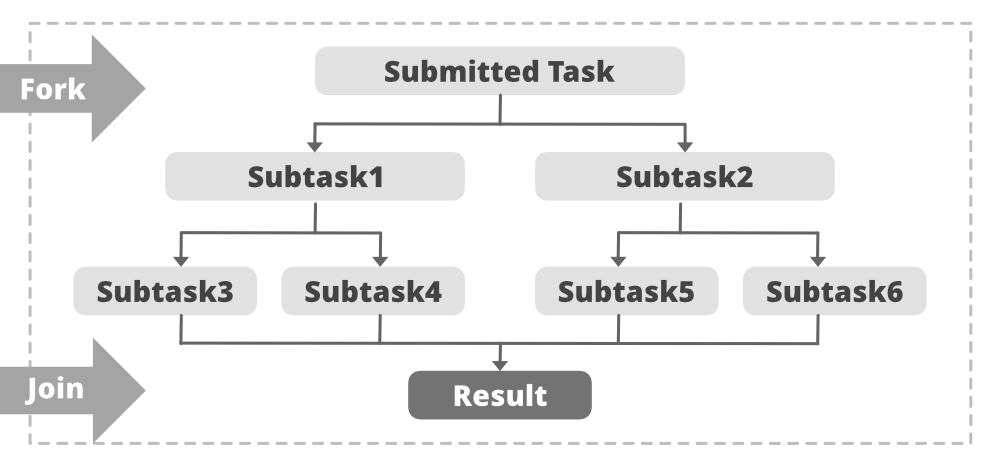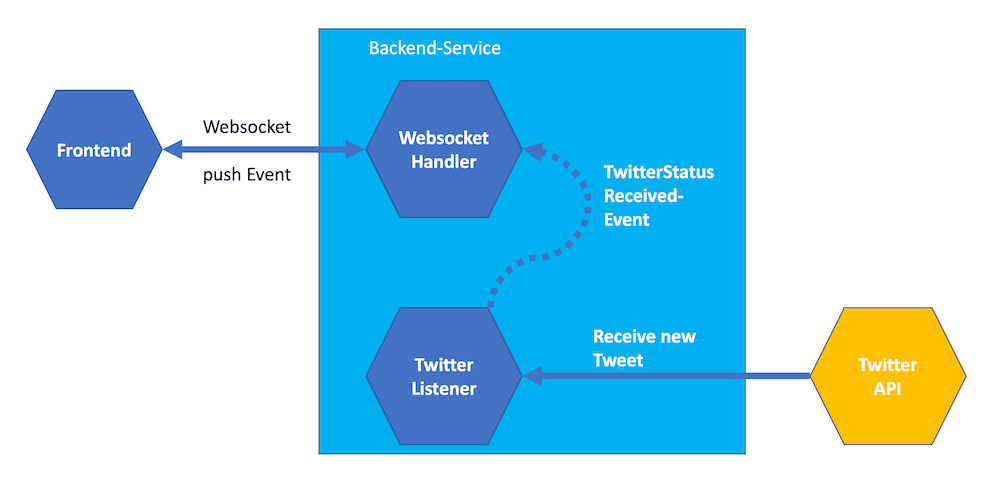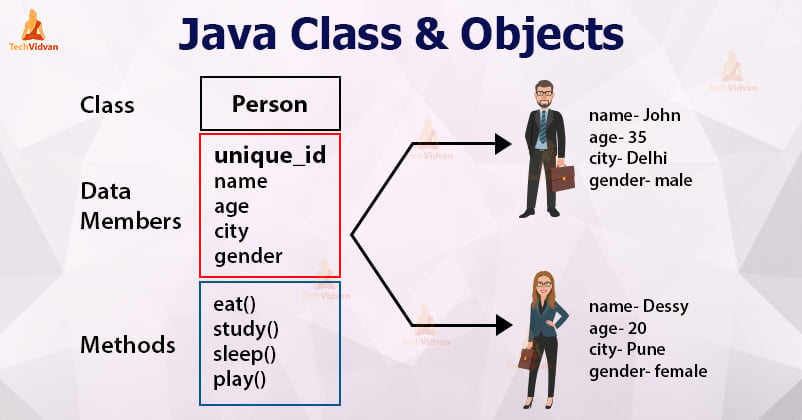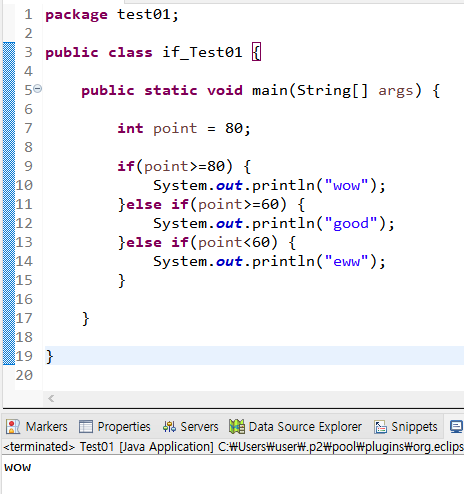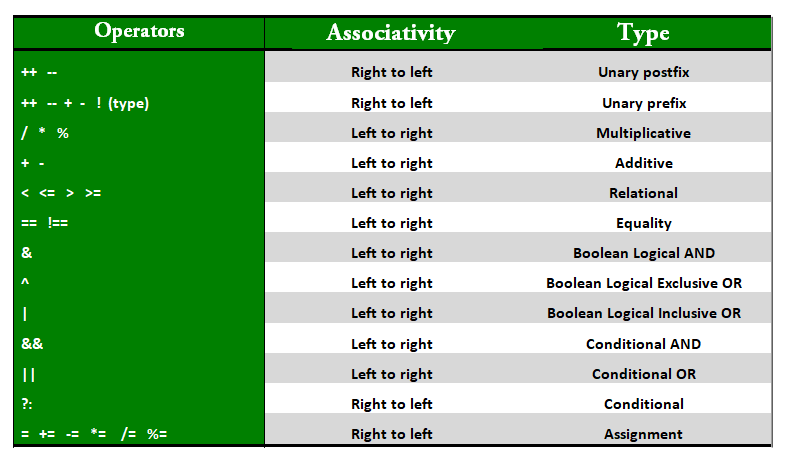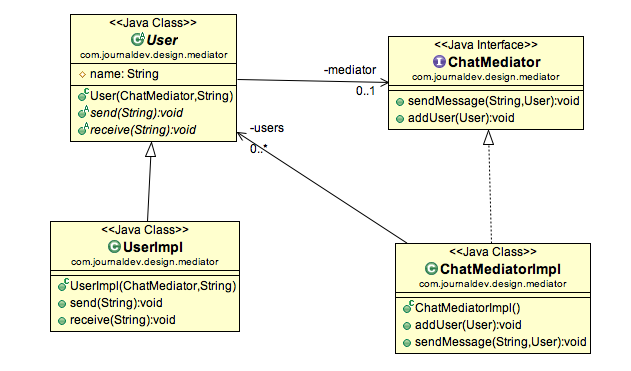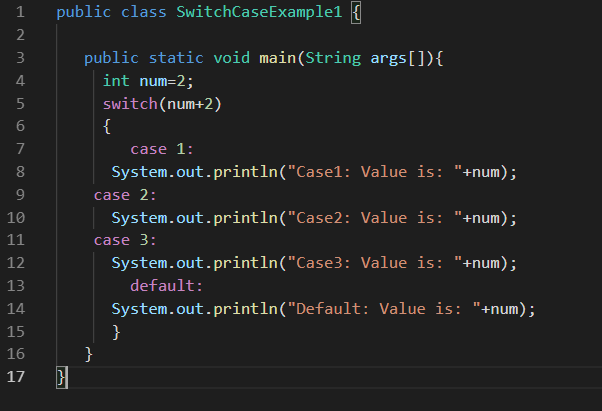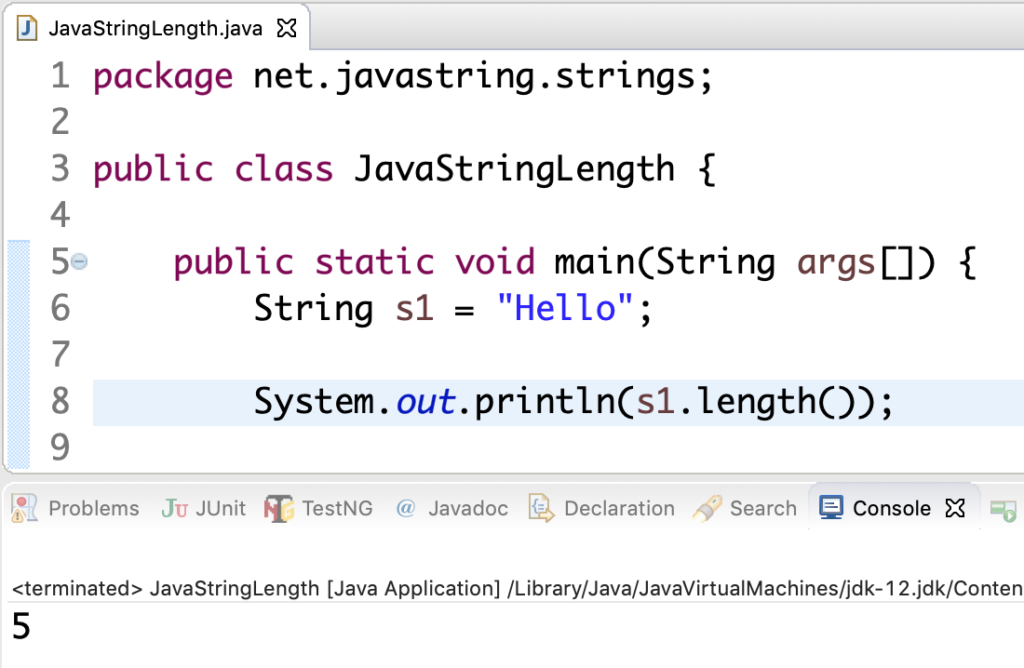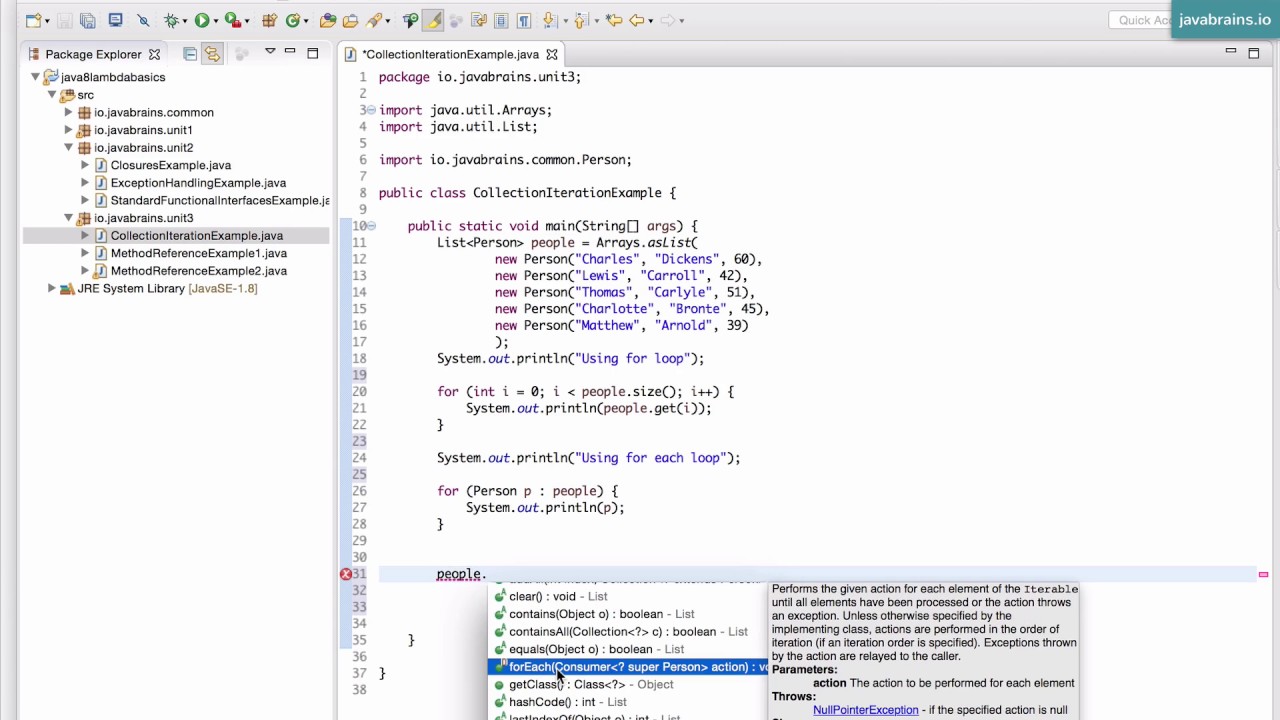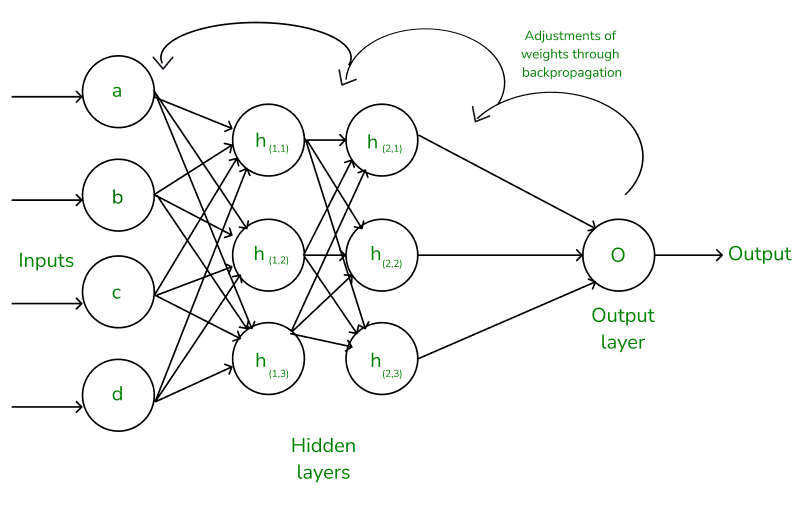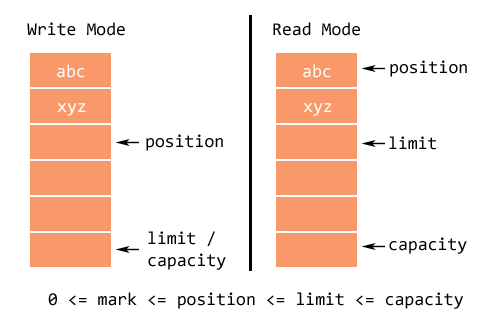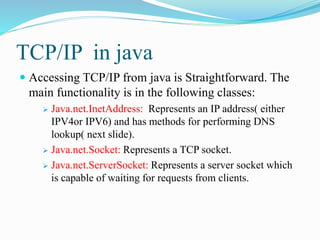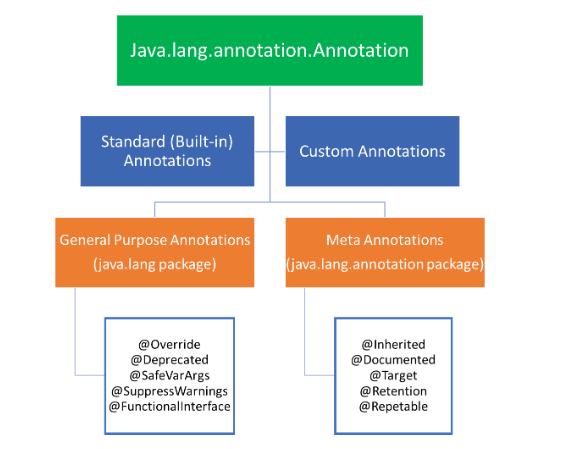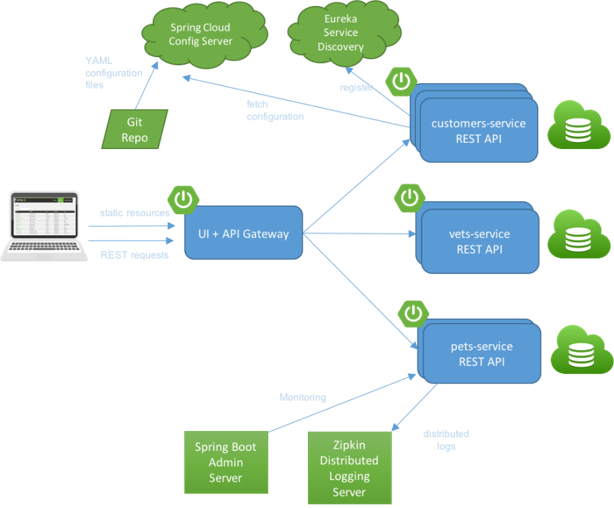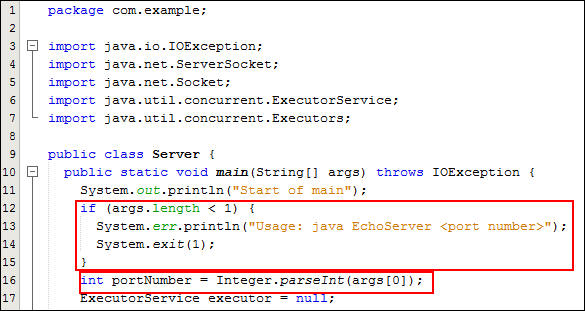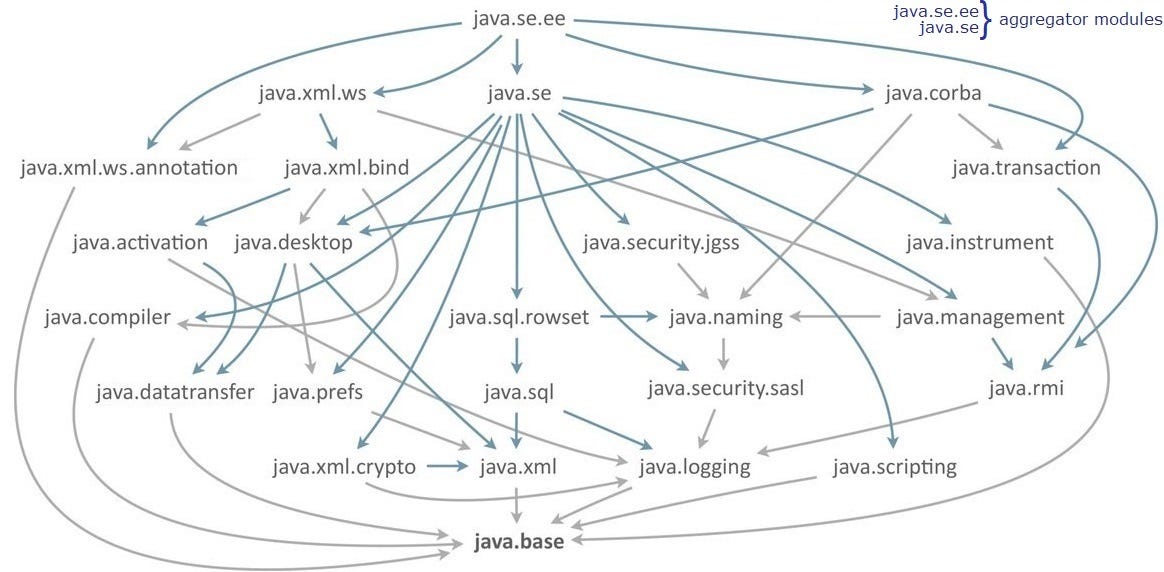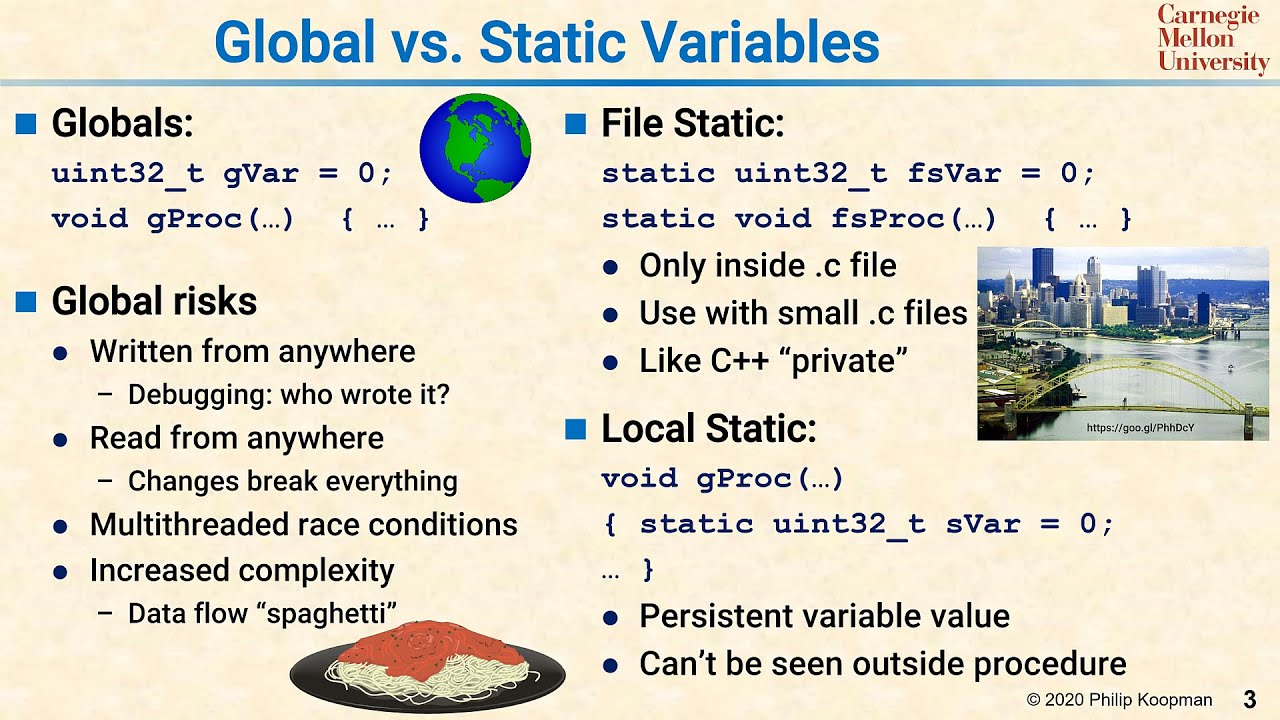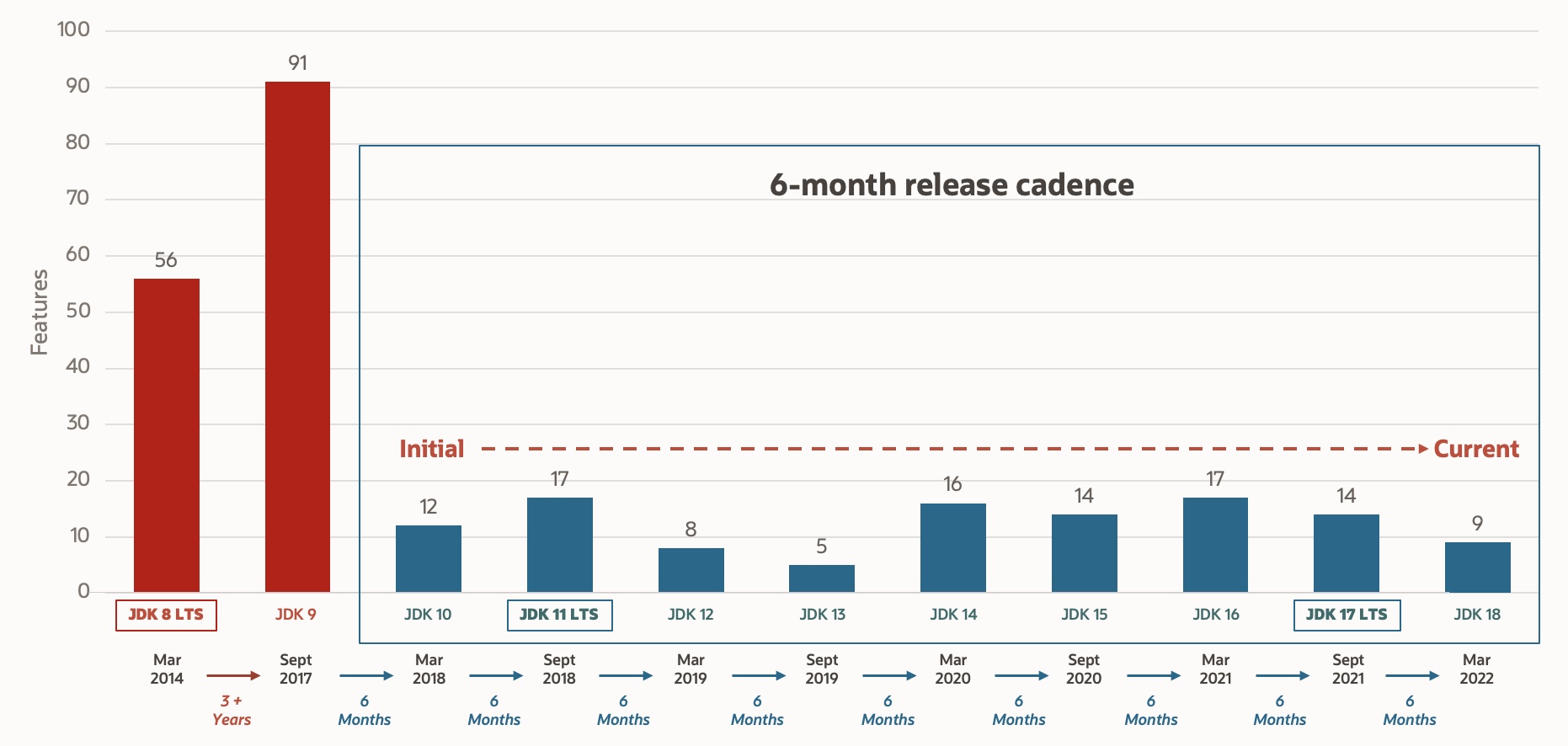Can local and global variables have the same name in Java?
Can local and global variables have the same name in Java?

I'll respond in English this time!
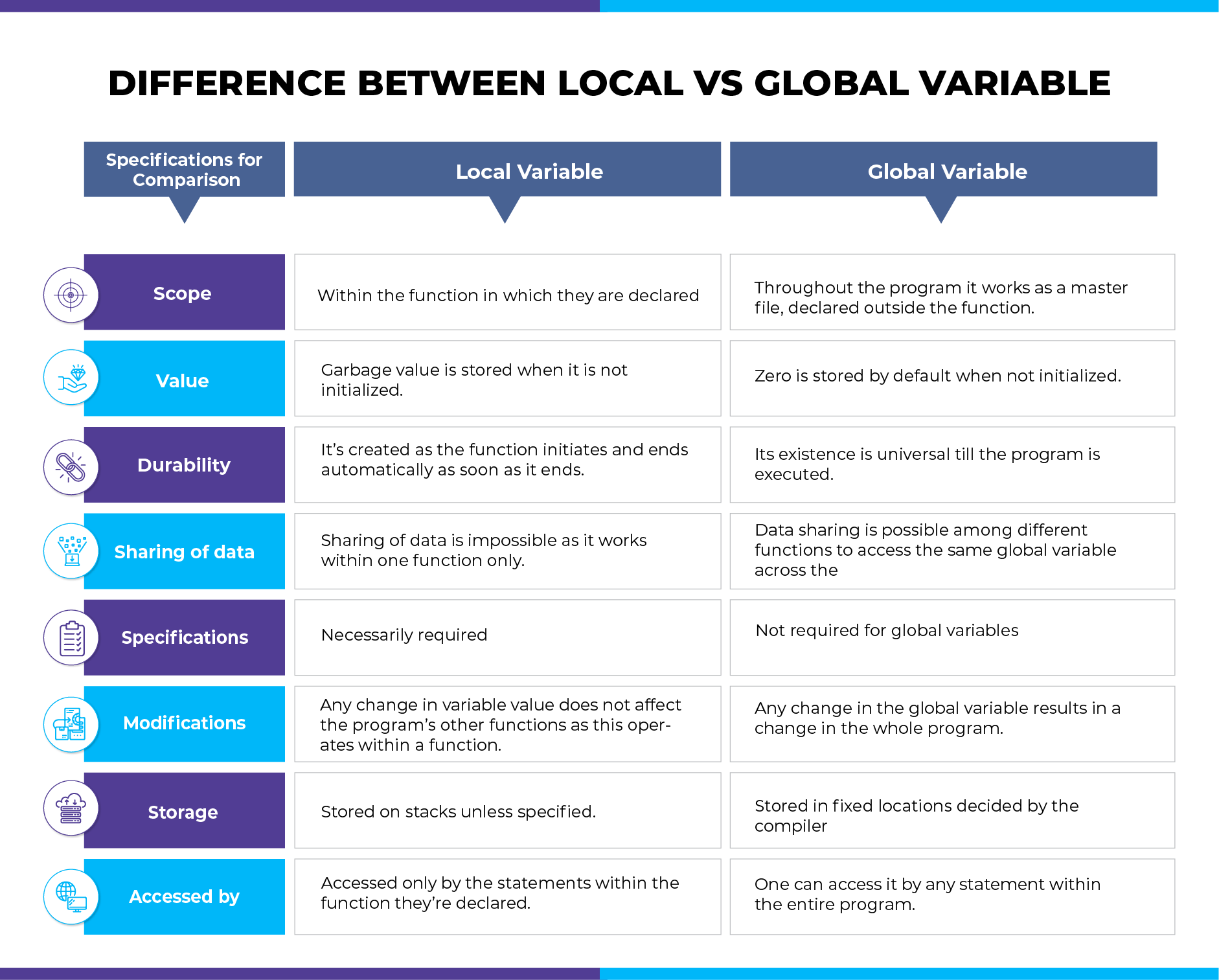
The age-old question: can local and global variables have the same name in Java? Well, let's dive into the details.

In Java, variables declared inside a method or constructor are considered local variables. These variables are created on the stack when the method is called and destroyed when the method returns. Local variables are scoped to the block they're declared in, meaning they can only be accessed within that block.
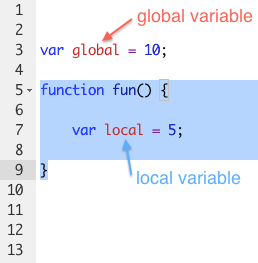
Global variables, on the other hand, are instance variables or class variables declared outside of any method or constructor. They're created in memory when the class or object is instantiated and remain there until the program terminates or the garbage collector reclaims them. Global variables are scoped to the entire class or object, allowing access from anywhere within that scope.

Now, regarding your question: can local and global variables have the same name? The answer is yes! Java does not enforce any naming conventions for local and global variables. You can declare a local variable with the same name as a global variable, but it's generally discouraged because it can lead to confusion and bugs.
Here's an example:
public class Example {int x; // global variable
public void foo() {
int x = 5; // local variable
System.out.println(x); // prints 5
}
}
In this example, the local variable x is assigned a value of 5 and printed to the console. If you were to access x from another method or outside the scope of foo(), it would reference the global variable x.
However, it's important to note that if you declare a local variable with the same name as a global variable within the same block, it will shadow the global variable (i.e., hide its presence). This can lead to unexpected behavior and bugs. For instance:
public class Example {int x = 10; // global variable
public void foo() {
int x = 5; // local variable shadows global x
System.out.println(x); // prints 5, not 10
}
}
In this example, the local variable x is assigned a value of 5 and printed to the console. The global variable x is effectively hidden or shadowed by the local variable, which can be confusing and lead to bugs.
To avoid confusion, it's generally recommended to use distinct names for local and global variables in Java. This way, you can ensure that your code is clear, maintainable, and less prone to errors.
So, to summarize: yes, local and global variables can have the same name in Java, but using distinct names is a good practice to avoid confusion and potential bugs!
What is the difference between local and global variables in java example
I'm happy to help! Here's an explanation of the differences between local and global variables in Java, along with examples:
Local Variables
In Java, a local variable is a variable that is declared within a method or a block of code (such as an if-else statement or a loop). Local variables are only accessible within the scope where they are declared. Once the method or block of code has finished executing, the local variable is no longer available.
Here's an example:
public class Example {public void myMethod() {
int x = 5; // local variable 'x'
System.out.println("Value of x: " + x);
}
public static void main(String[] args) {
Example obj = new Example();
obj.myMethod(); // prints "Value of x: 5"
// at this point, 'x' is no longer accessible
}
}
In the above example, x is a local variable that is declared within the myMethod() method. It is only accessible within the scope of that method. Once myMethod() has finished executing, x is no longer available.
Global Variables
On the other hand, a global variable is a variable that is declared outside of any method or block of code (i.e., at the class level). Global variables are accessible from anywhere within the class where they are declared. They persist even after a method has finished executing.
Here's an example:
public class Example {int x = 5; // global variable 'x'
public void myMethod() {
System.out.println("Value of x: " + x);
}
public static void main(String[] args) {
Example obj = new Example();
obj.myMethod(); // prints "Value of x: 5"
// at this point, 'x' is still accessible
}
}
In the above example, x is a global variable that is declared at the class level. It can be accessed from anywhere within the class, including methods and blocks of code.
Key differences
Here are some key differences between local and global variables:
Scope: Local variables have a limited scope (the method or block where they are declared), while global variables have a broader scope (accessible from anywhere within the class). Lifetime: Local variables cease to exist once the method or block has finished executing, whereas global variables persist until the program terminates. Accessibility: Local variables can only be accessed within their declared scope, while global variables can be accessed from anywhere within the class.In summary, local variables are declared within a specific scope and have a limited lifetime, while global variables are declared at the class level and are accessible from anywhere within the class. Understanding the differences between these two types of variables is crucial for writing effective Java code!
